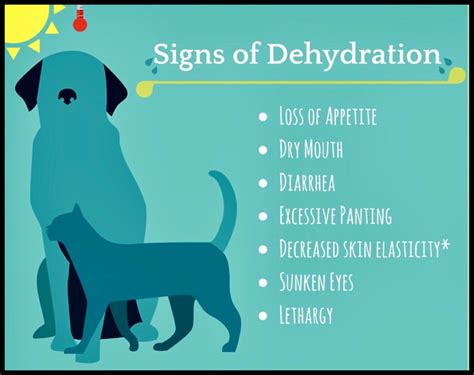Hydration is paramount for all living beings, and our furry companions are no exception. Proper hydration ensures optimal pet health and well-being by maintaining vital physiological functions. Conversely, dehydration poses serious threats to pets, potentially leading to life-threatening complications. This comprehensive guide delves into the critical importance of pet hydration, contrasting it with the detrimental effects of dehydration.

The Importance of Pet Hydration
Water constitutes approximately 60-80% of a pet’s body weight, playing a crucial role in:
-
Cellular Function: Water serves as the primary solvent for transporting nutrients and waste products throughout the body.
-
Temperature Regulation: Water evaporating from the skin helps cool pets down, especially during hot weather.
-
Joint Health: Water lubricates joints, reducing pain and stiffness.
-
Digestive Health: Water aids in digestion and prevents constipation.
Recommended Daily Water Intake
The recommended daily water intake for pets varies based on factors such as species, size, activity level, and environment. However, a general guideline is:
| Pet Type | Water Intake (ml/kg/day) |
|---|---|
| Dogs | 40-90 |
| Cats | 80-130 |
Dehydration: A Looming Threat
Dehydration occurs when pets lose more fluids than they consume, leading to a dangerously low body water content. Symptoms of dehydration in pets include:
- Lethargy
- Dry gums
- Sunken eyes
- Loss of appetite
- Vomiting
- Diarrhea
- Rapid breathing
Dehydration Prevention Strategies
Preventing dehydration in pets is crucial for their health. Effective strategies include:
-
Provide Fresh Water: Always ensure your pet has access to clean, fresh water.
-
Monitor Water Intake: Regularly check your pet’s water bowl to ensure they are drinking adequately.
-
Offer Hydrating Treats: Some fruits and vegetables, such as watermelon and zucchini, are high in water content and can supplement your pet’s hydration.
-
Avoid Overexertion: Extreme heat and strenuous activity can increase fluid loss. Limit outdoor activities during hot weather and provide ample rest periods.
Treatment of Dehydration
If you suspect your pet is dehydrated, seek veterinary attention promptly. Treatment may involve:
-
Intravenous Fluids: To rehydrate the pet quickly.
-
Electrolyte Supplements: To restore lost electrolytes.
-
Medication: To control vomiting and diarrhea if present.
Conclusion
Hydration plays an indispensable role in maintaining pet health and preventing dehydration. Pet owners must prioritize their furry companions’ water intake by providing access to fresh water, monitoring their drinking habits, and implementing preventive measures. Dehydration poses serious risks, and prompt veterinary attention is crucial if symptoms are observed. By understanding the importance of pet hydration and adopting proactive measures, we can ensure the well-being of our beloved animals for years to come.





















